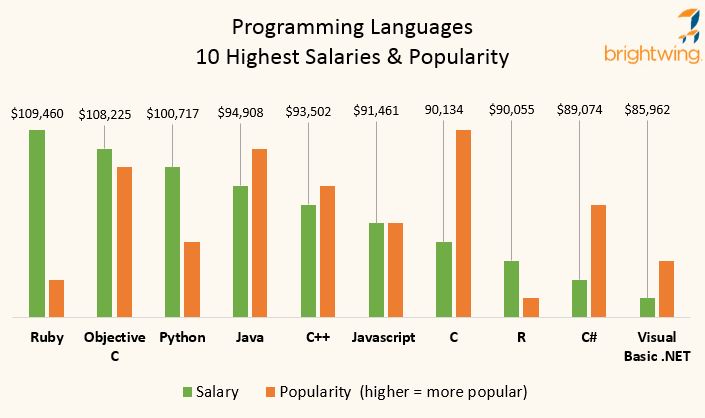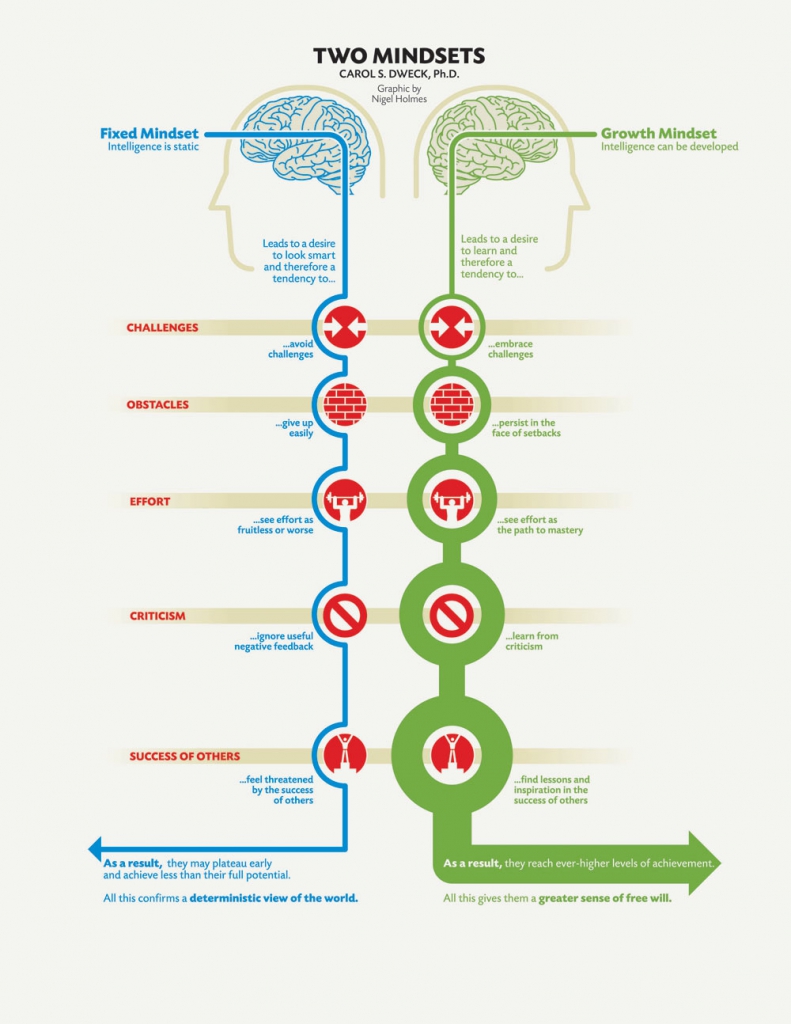Ever wonder which computer programming languages pay the most? According to Business Insider, the average salary for computer programmers just hit an all-time high as it approached $100,000. Having knowledge in programming languages such as Objective C, Java, or .NET is proving to be highly rewarding. Upon researching some of the most popular programming languages with the TIOBE Programming…
Continue reading ...
In an industry that has the tendency to change overnight, the most successful web developers are the ones who are always learning. This past week I had the pleasure of attending Self.Conference in Detroit. The conference was for web developers, by web developers and while some aspects were past my level of understanding (I’m just…
Continue reading ...
Why should you know the top programming languages from 2013? For starters they are the skills needed for today’s high demand IT jobs industry wide. They will also be in high demand for 2014. Companies are investing more in their internal systems, spending more money on their websites, and developing relevant mobile applications making the…
Continue reading ...




